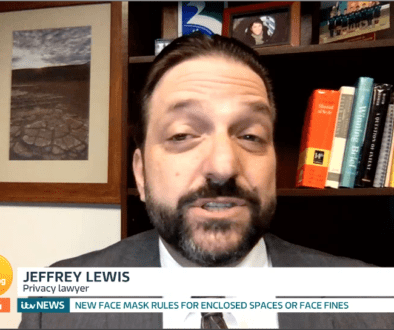Court of Appeal Affirms Police Use of GPS from Stolen Phone to Locate Phone Thief
Today Justice James A. Richman of the First Appellate District authored an opinion affirming the use by law enforcement of GPS locating services obtained from a stolen cell phone to locate the cell phone thief. In People v. Barnes, a victim of a cell phone robbery reported the crime to the police. The cell phone provider, with the victim’s consent, provided GPS location data to law enforcement. Using that data, officers detained a suspect. The suspect was later identified by the victim as was her property. In the ensuing trial and appeal, the defendant challenged the legitimacy of the stop. The Court of Appeal found the argument lacked merit:
[D]id defendant have a legitimate expectation of privacy in the cell phone he had stolen. The answer is an emphatic “no.” As stated most baldly by the Ninth Circuit: “The Fourth Amendment does not protect a defendant from a warrantless search of property that he stole because regardless of whether he expects to maintain privacy in the contents of stolen property, such an expectation of privacy is not one that society is prepared to accept as reasonable.” (United States v. Caymen (9th Cir. 2005) 404 F.3d 1196, 1200).
You can read the opinion in People v. Barnes, A135131 here.








